Lecture 1 Introduction: Grand Challenges
September 9, 2024
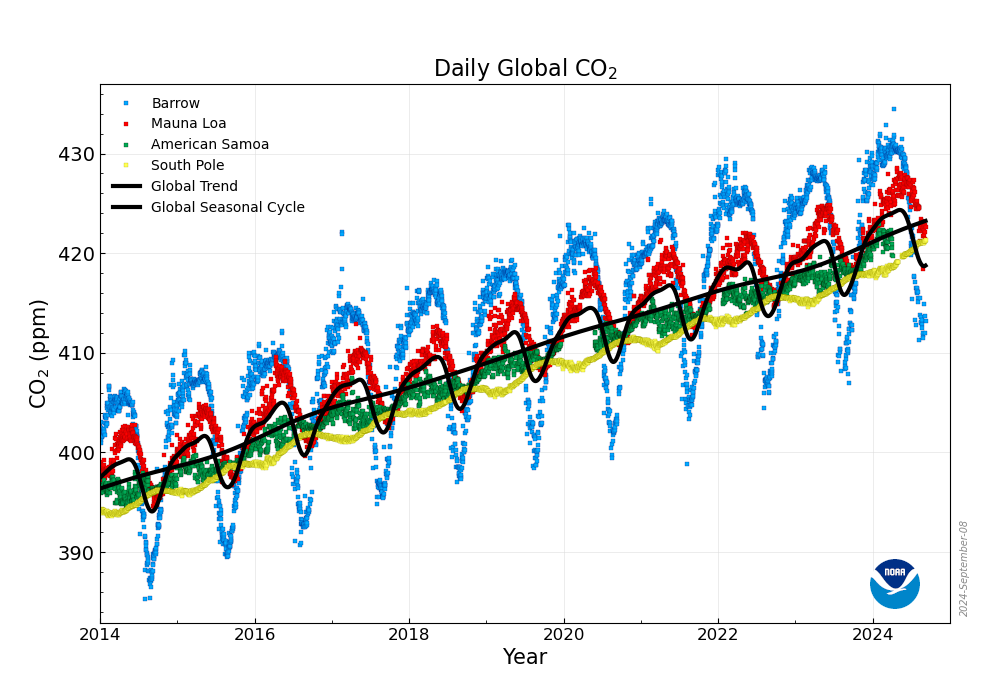
Source: NOAA
Welcome and icebreaker
- Rose: “something that is working well or something positive”
- Thorn: “something that isn’t working or something negative”
- Bud: “an area of opportunity or idea yet to be explored”
What brings you here?
- Concerned topics?
- Motivations?
- Dream jobs?
Not fast enough
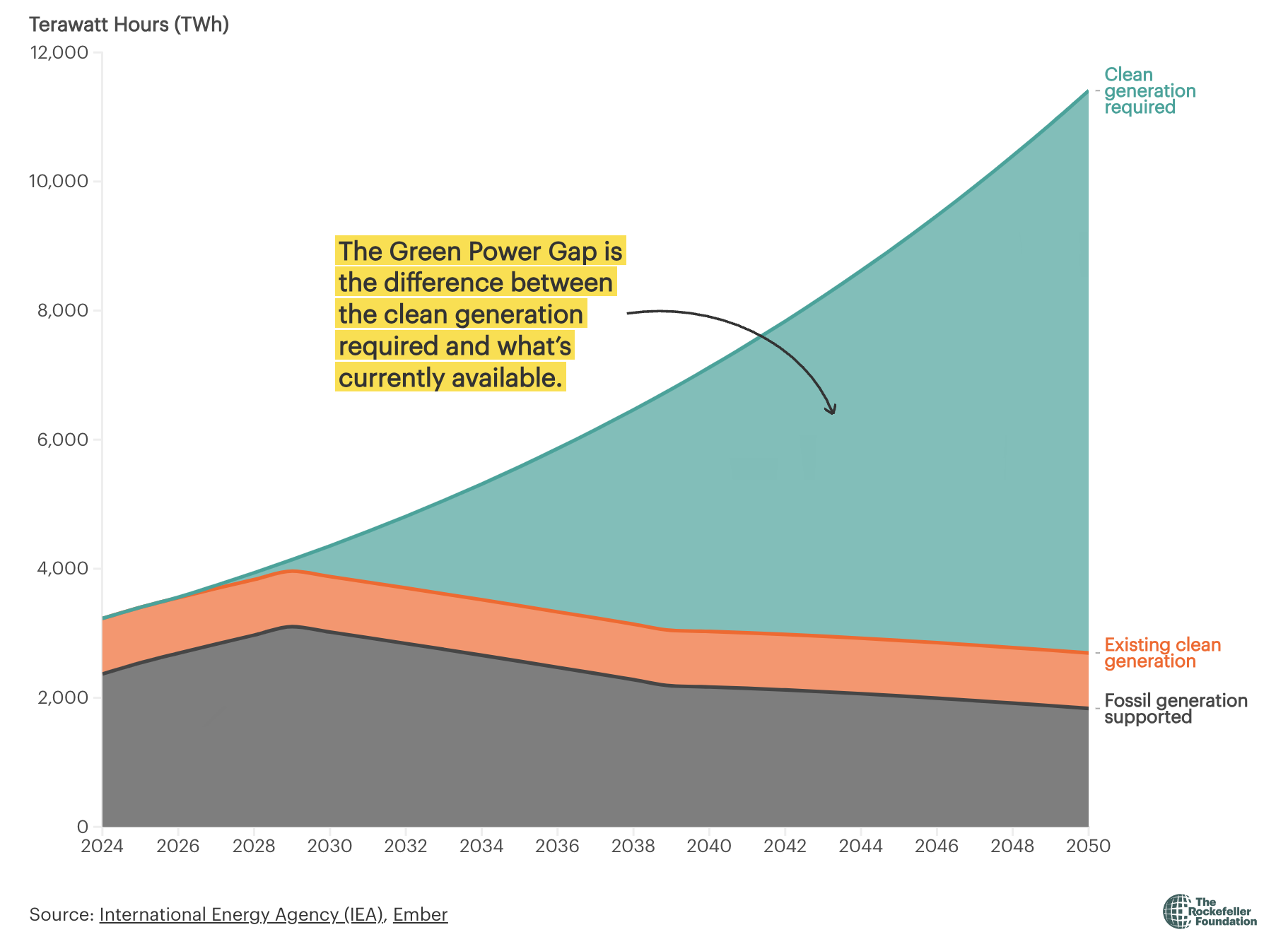
How the exponential growth of solar will change the energy sector and the economy?
Source: The Economist, Green Power Gap
Why PAF9199?
- Policy matters
- Technology innovation
- Social change
- Research
- Jobs
- Clean energy transition to achieve climate goals
Organization
- Syllabus
- Brightspace
- Course website: https://drganghe.github.io/energy-climate-policy/
- Policy responses (10): 30%
- Assignments (4): 20%
- Proposal: 10%
- Final presentations: 20%
- Policy memo: 20%
Climate guest speakers
- 9/16 – Richard Morse: Renewable energy investments
- 9/23 – Shirley Gallagher: My Sustainable Journey and the skills used to contribute to climate solutions
- 9/30 – Kaifang Luo: Clean technology deployment and impact
- 10/7 – Simi George: Storage and regulation
- 10/15 – Maryam Mozafari: Transitioning from fossil fuels to renewable energy
- 10/21 – Fabio Passaro: Steel & cement sectors’ decarbonization
- 10/28 – Liqun Peng: Power sector decarbonization
- 11/4 – Samuel Vaillancourt: Gold mining decarbonization
- 11/11 – Bharathi Esakkimuthu: Climate career options and essential skills
- 11/18 – Mohsen Fatemi: City government implementation
Contents
- Climate change
- Impact
- Mitigation
- Adaption
- Governance
- Energy systems
- Supply
- Demand
- Economics
- Technology
- Tools/skills
- Data analysis
- Economic analysis
- Energy-economy-environment (nexus)
A five points “climate haiku”
- It’s warming
- It’s us
- We’re sure
- It’s bad
- We can fix it

Source: Kimberly A Nicholas
An analytical approach
Data-driven, evidence-based, energy and climate policy
Using analytic tool to answer questions such as:
- What will be the climate future if we do nothing?
- What technology to invest to achieve our climate goal?
- What will be the impact to carbon emission of IRA?
- How NYS/NYC could achieve its climate goals?
Two quotes about models
George Box:
All models are wrong, but some are useful.
Albert Einstein:
Everything should be made as simple as possible, but not simpler.
Models can be useful
- Prediction/Projection
- Simulation
- Optimization
- Control
- Stochastic/dynamic
- Policy: Scenarios
Models help us think
Modeling is hard
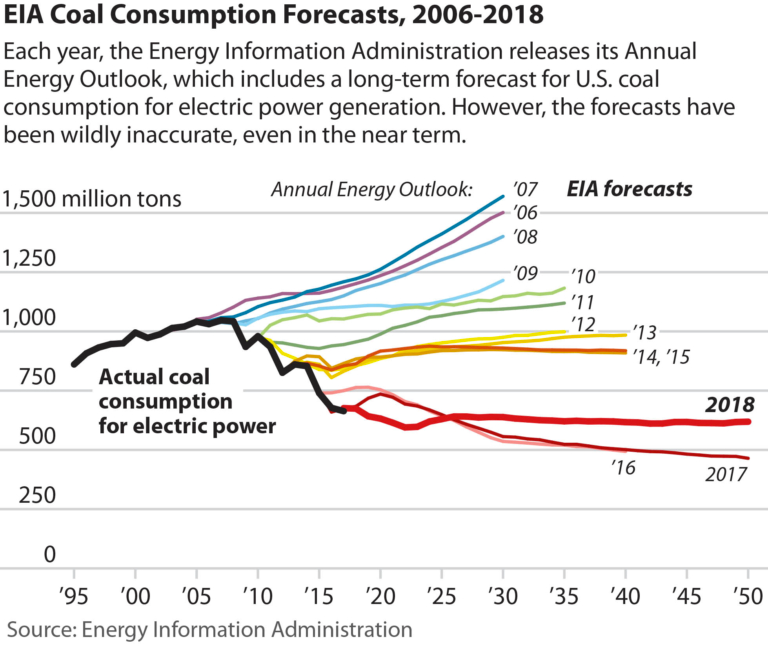
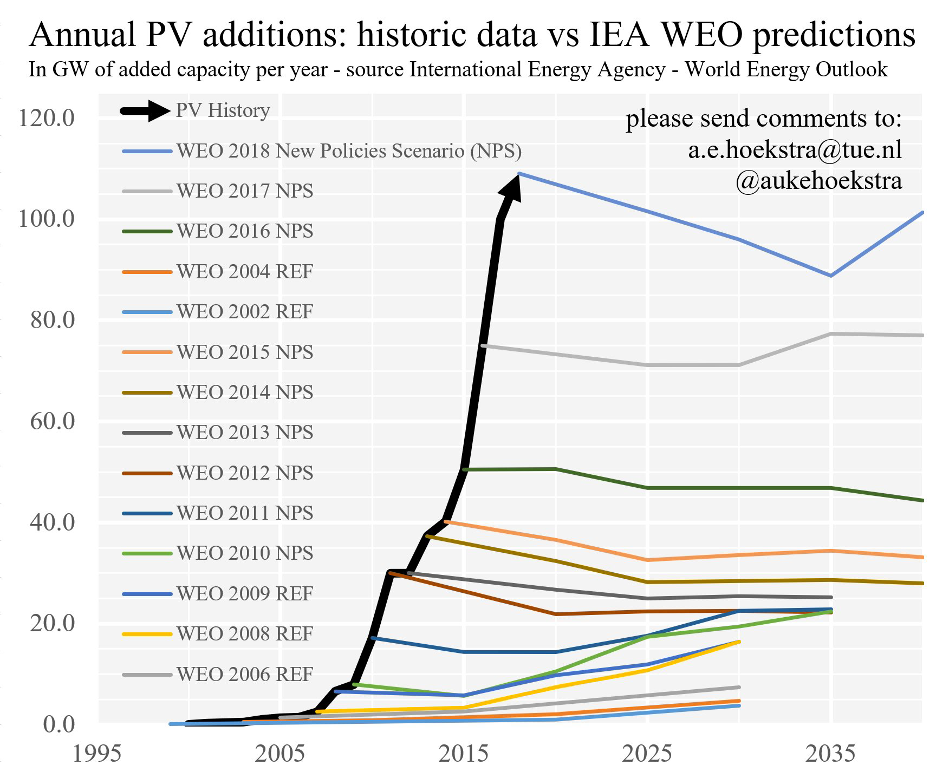
Why?
Risk: System structural change could break our core data and assumptions that are based on historical experience. Example: shale gas revolution.
Uncertainty: The exact timing and character of pivotal events and technology changes is unpredictable. Example: renewables cost changes, fussion.
Read more from Jon Koomey
Why: climate and energy systems are both complicated
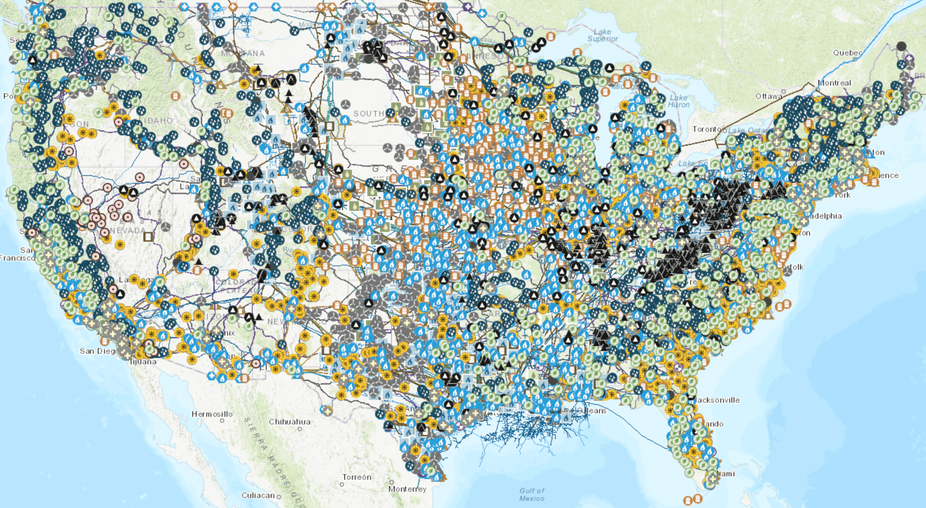
Source: EIA
The Energy Trillemma: Balancing trade-offs
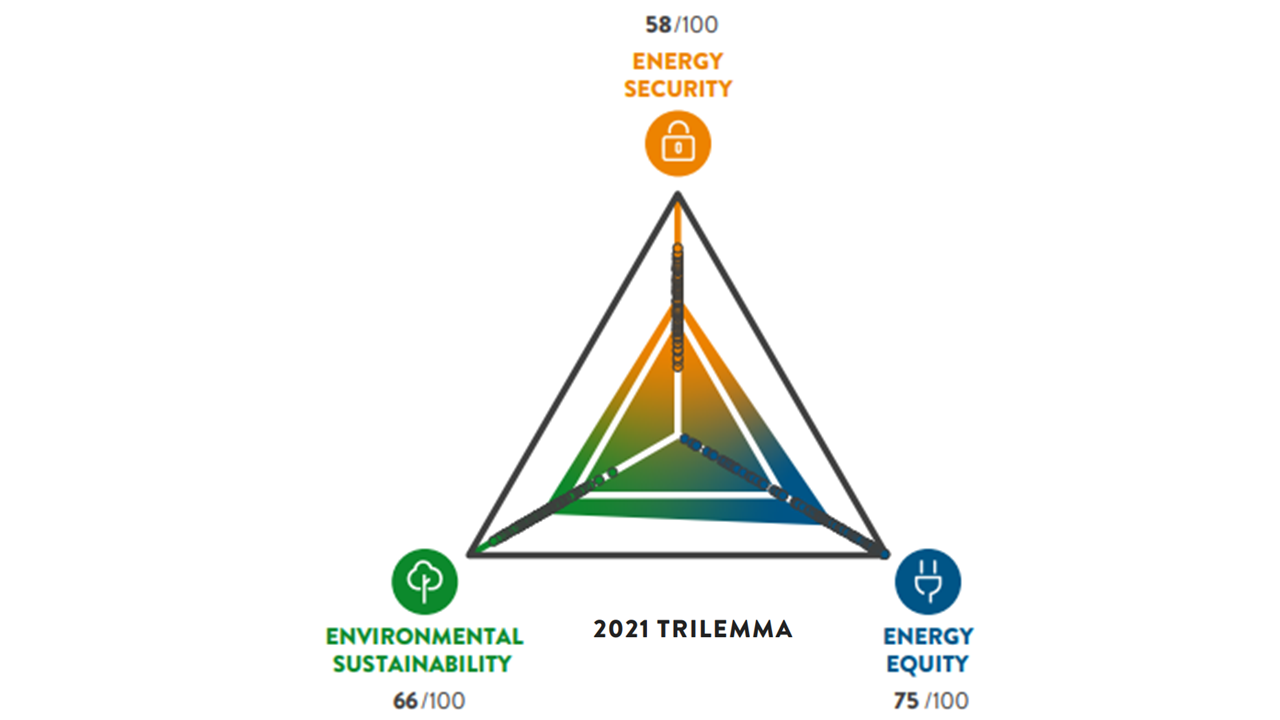
Energy security: Ensure reliable energy supply
Energy equity: Provide universal access to reliable, affordable, and abundant energy
Environmental Sustainability: Avoid environmental harm or climate impact
Those goals sometimes conflict with each other, and decisions has to make trade-offs between them
Source: World Energy Council
Energy, economy, and environment
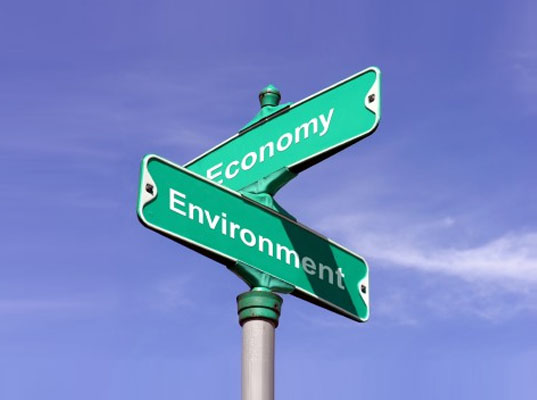
Economy: Decent living? Growth? Degrowth?
Environment: Emissions, ecosystems constraints/goals
Energy: Work within constraints
Source: ICMA
Energy great achievement

Source: National Academies
Energy grand challenges: SDGs
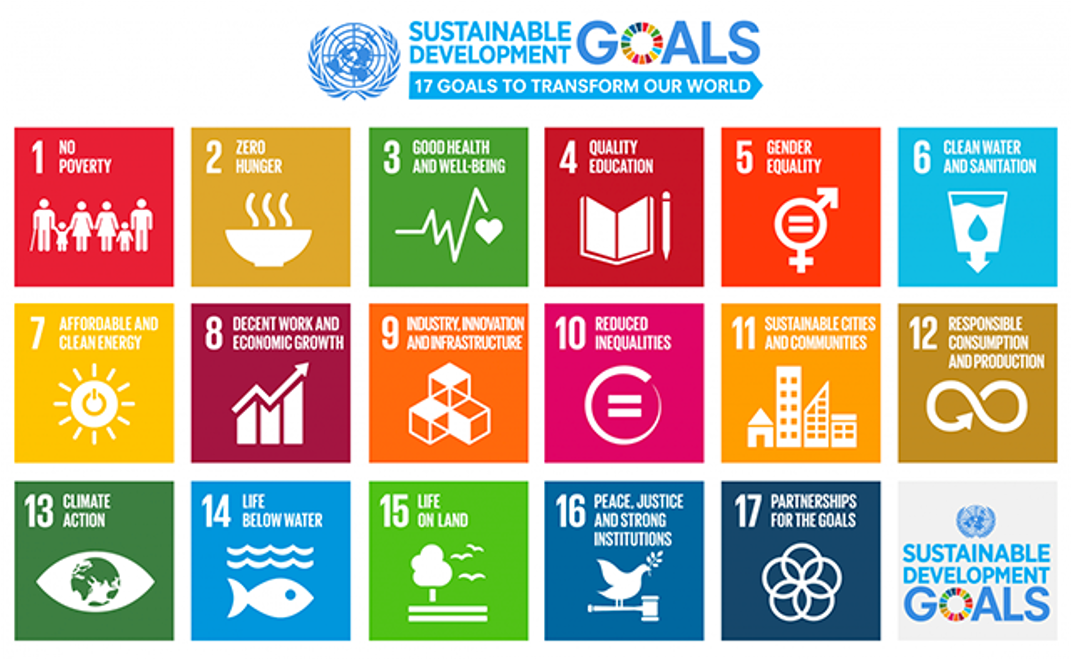
Source: UN
Energy grand challenges: net-zero
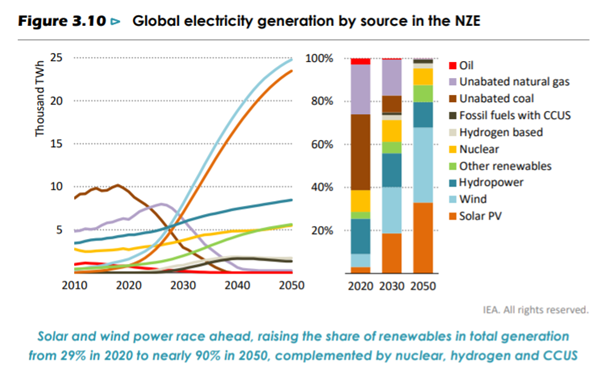
Source: IEA (2021)
Modeling can be useful/insightful (an example)
- Build the structure
- Demonstrate the relation
- Visualize the changes
- Inform the impacts
Renewables are achieving grid parity: a structural change
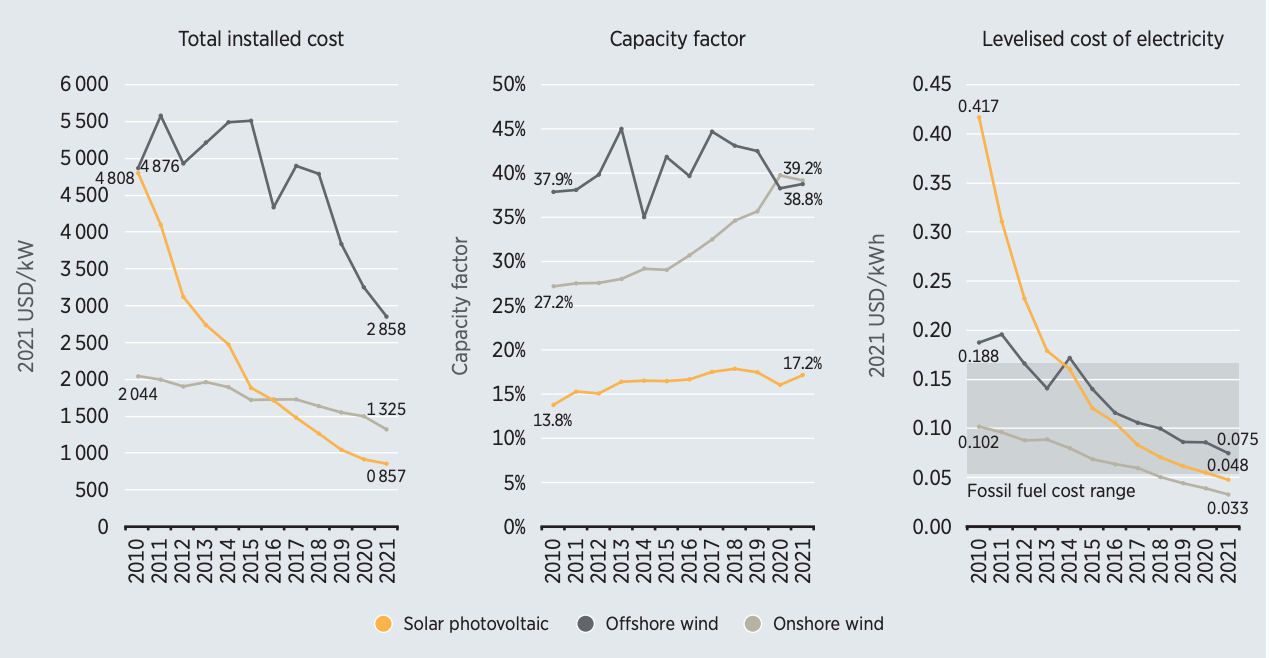
Source: IRENA (2021)
Implications are profound
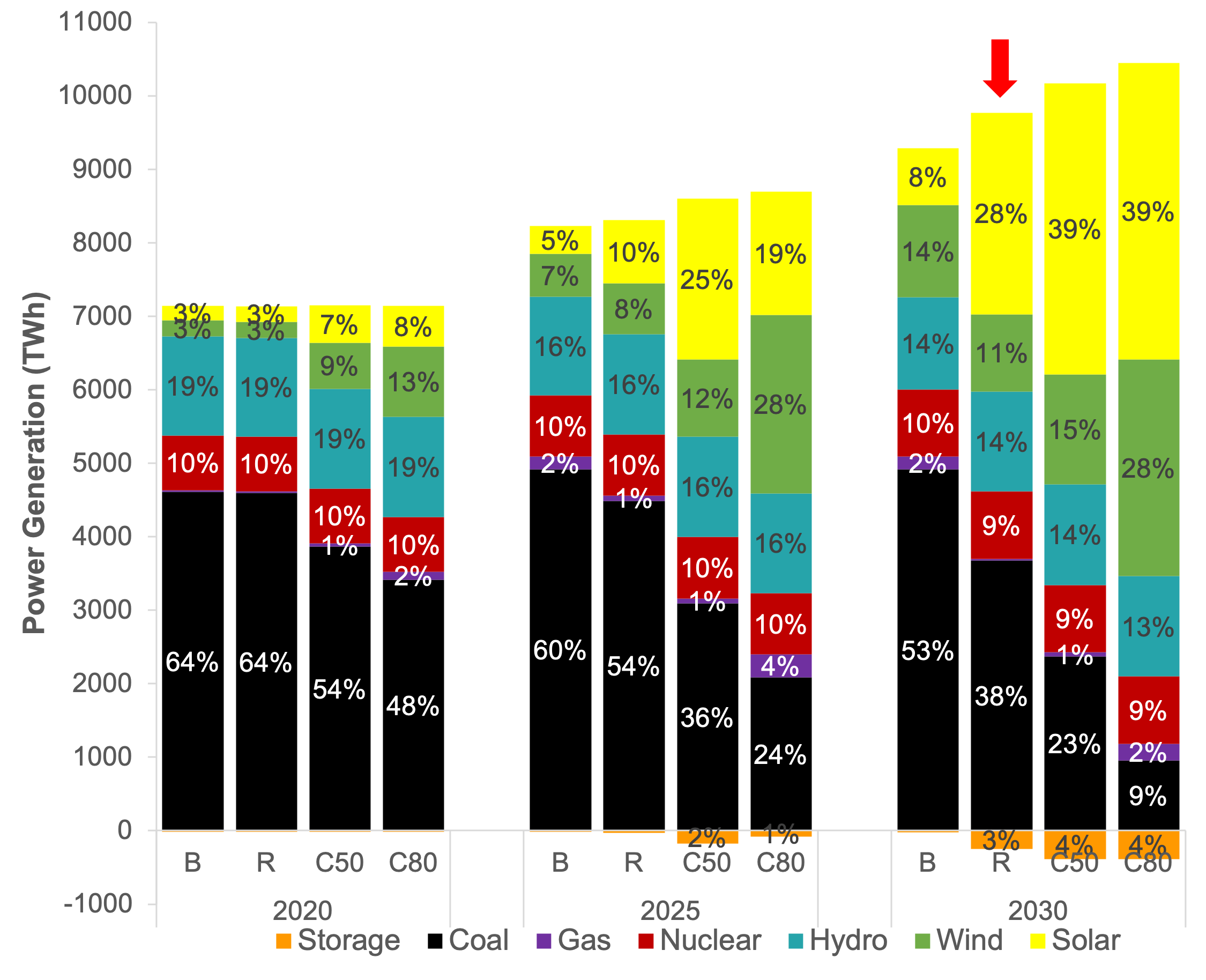
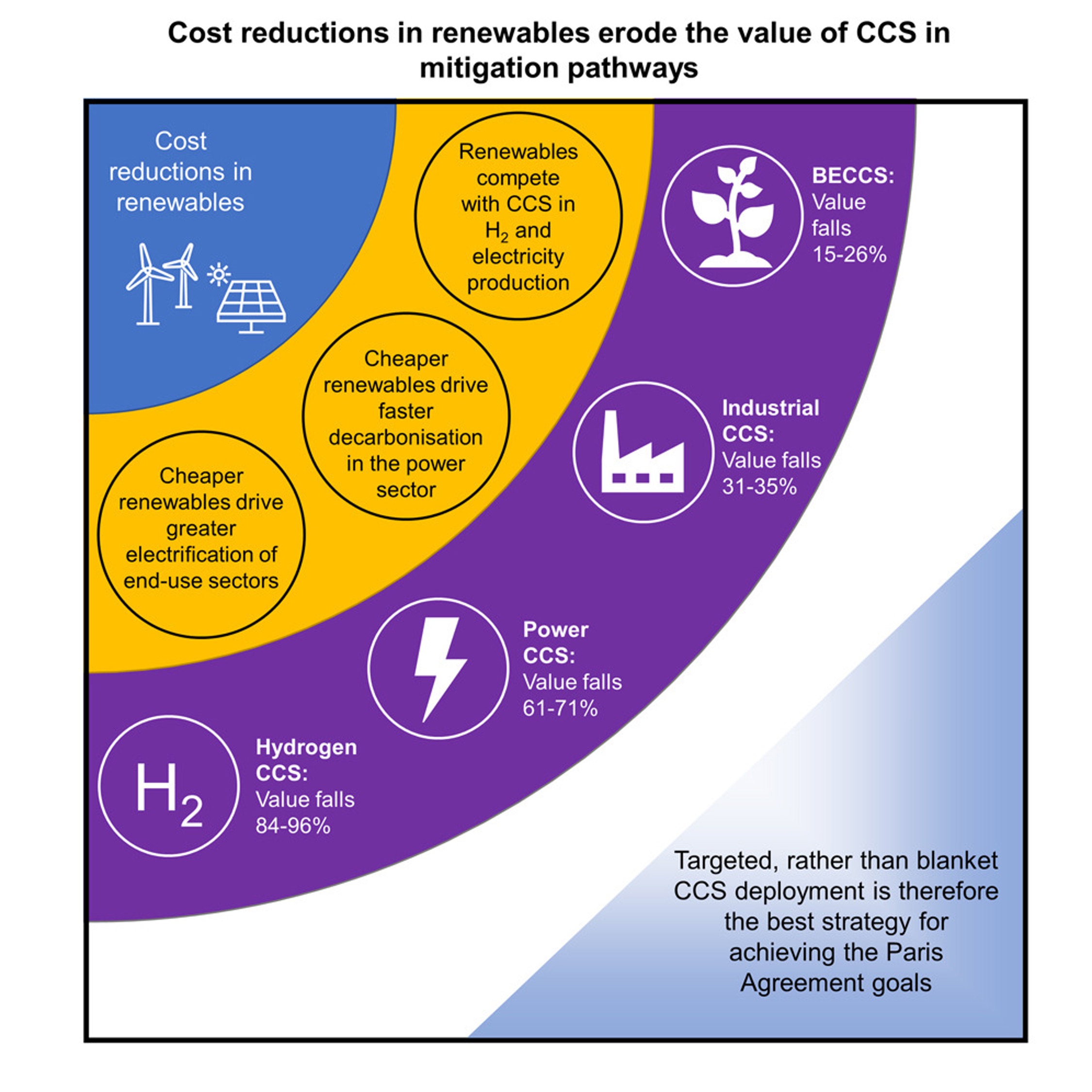
End with two quotes
Bill Hogan:
It is not the individual results of a model that are so important; it is the improved user appreciation of the policy problem that is the greatest contribution of modeling.
Huntington, Weyant, Sweeney “Modeling for insights, not numbers”:
The primary goal of policy modeling should be the insights quantitative models can provide, not the precise-looking projections –i.e. numbers – they can produce for any given scenario.